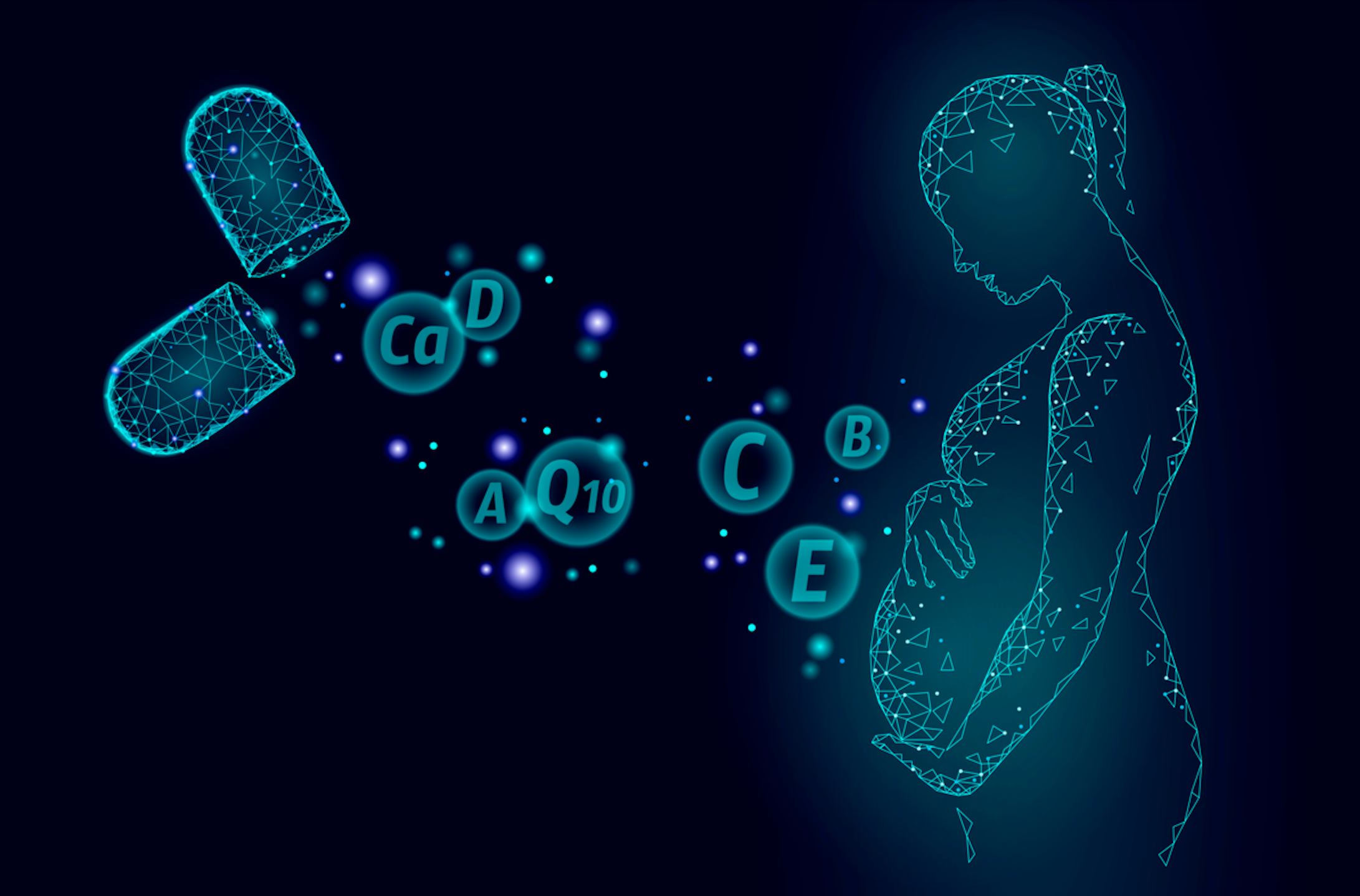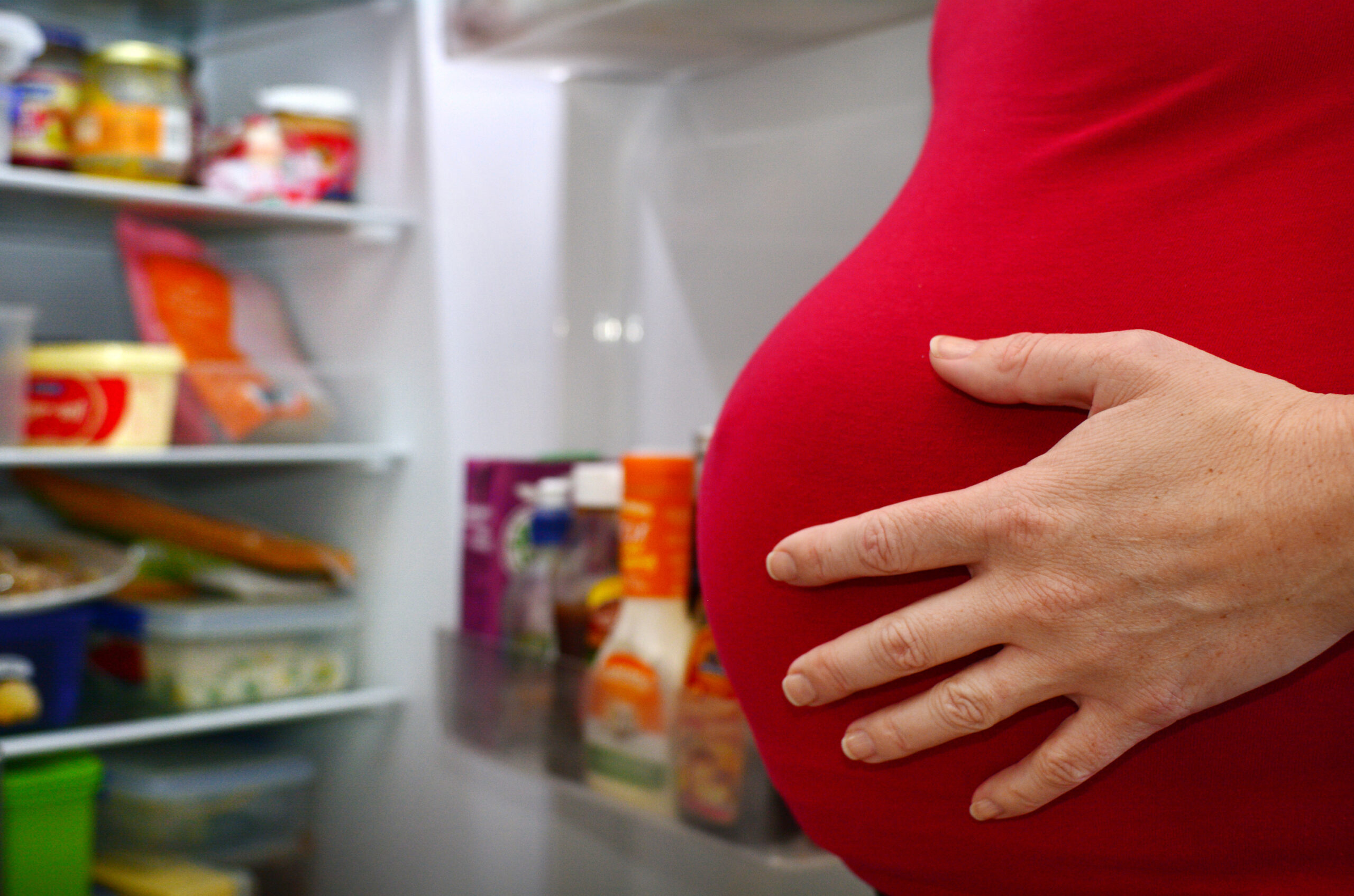Maternal postpartum depression and children’s emotional overeating: The mediating role of executive function

Research has highlighted links between maternal postpartum depression, children’s executive functioning (EF), and emotional overeating (EOE). This study by Iwinski et al. (2025) explored how postpartum depression influences EF and EOE. The researchers proposed that greater postpartum depression would correlate with reduced inhibitory control and emotional regulation, resulting in increased EOE. The study involved 297 families from a larger US Midwest birth cohort. The Edinburgh Postnatal Depression Scale was used to test maternal postpartum depression at six weeks, the BRIEF-P was used to examine children’s EF at 24 months, and the Child Eating Behavior Questionnaire was used to measure EOE at 48 months. Findings indicated that postpartum depression indirectly contributed to EOE by negatively impacting children’s inhibition and emotional control. Additionally, a direct relationship between postpartum depression and EOE was identified. These results imply that maternal depressive symptoms, even at subclinical levels, may impair children’s EF and elevate their risk of EOE. Early interventions addressing maternal depression could be crucial in mitigating these developmental risks. [NPID: Children, executive function, inhibition, emotional control, postpartum depression, emotional overeating]
Year: 2025
 Navigation
Navigation









